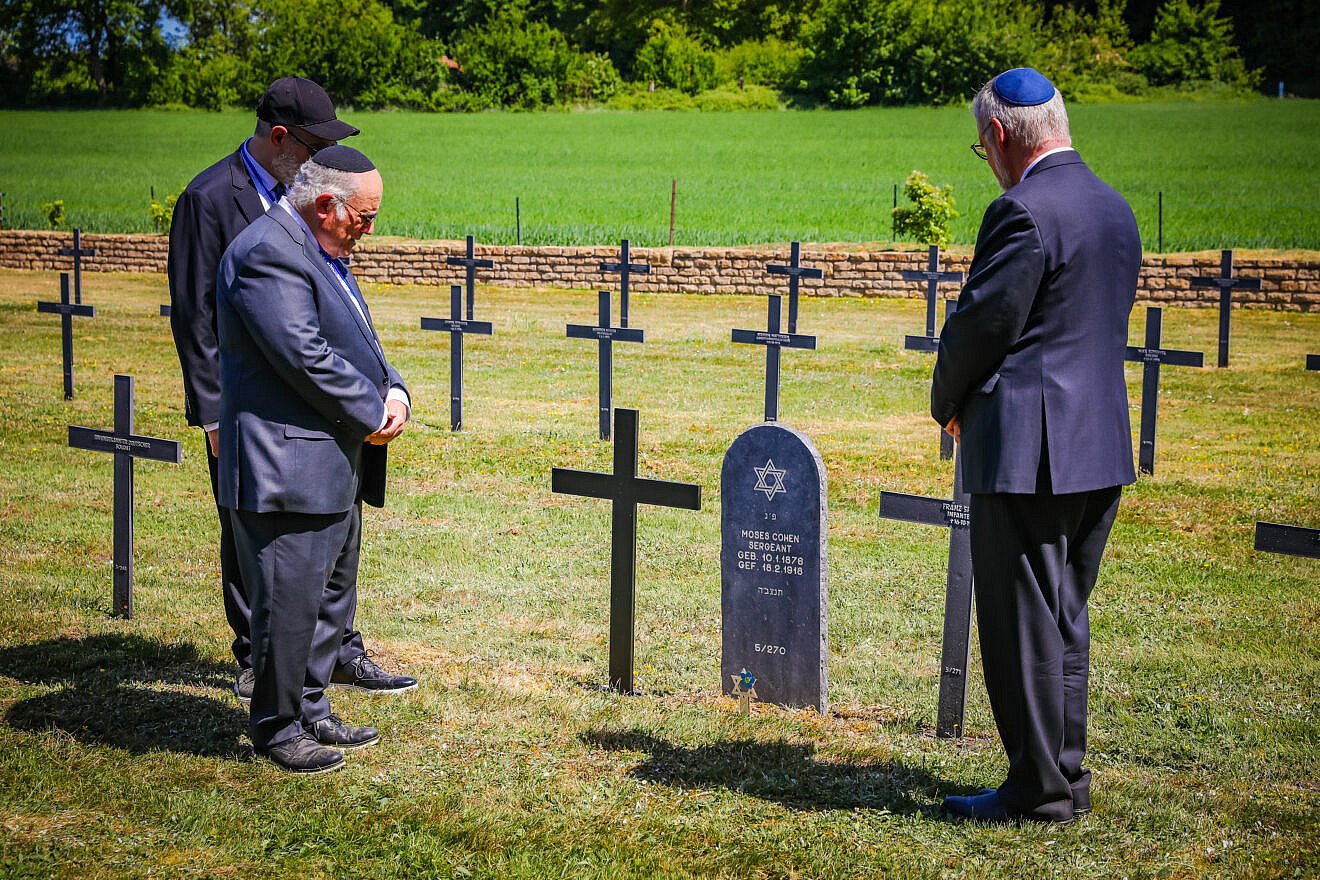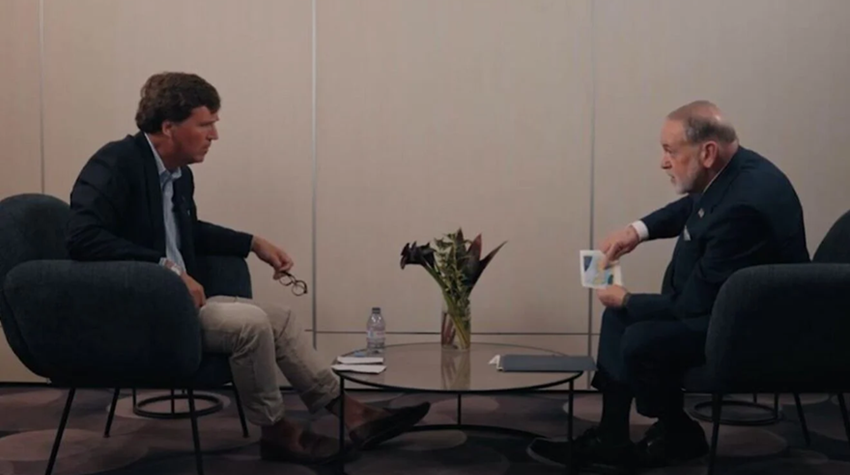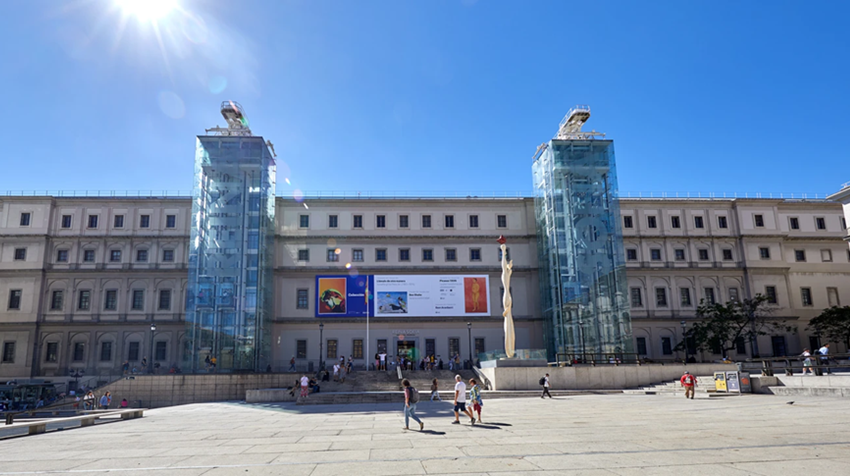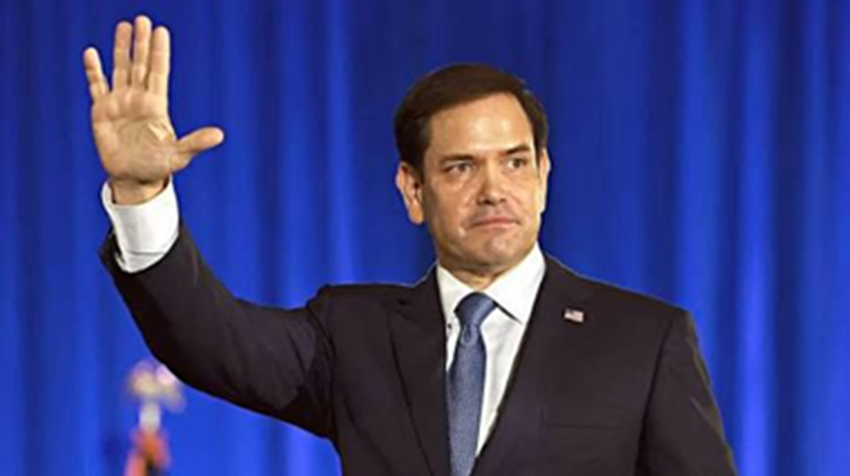Six headstones for German Jewish World War I soldiers were changed in French cemeteries from Latin crosses to Stars of David due to the efforts of Operation Benjamin in May 2025. Credit: Anibas Photography/Operation Benjamin.
As the daughter of Holocaust survivors, Liz Steinlauf couldn’t bring herself to walk through a German military cemetery when the body of the Jewish soldier Nathan Baskind (1916-1944) was first discovered in a German mass grave.
But when Steinlauf, a board member at the nonprofit Operation Benjamin, which lobbies to have mismarked graves identified as having Jewish remains, saw the degree to which the German government honored Baskind, she was moved deeply.
“It was a natural progression to be involved in Operation Levi,” she told JNS, of the joint program between Operation Benjamin and the German War Graves Commission. “It was their idea.”
In typical Operation Benjamin ceremonies, Shalom Lamm, the nonprofit’s chief historian, thanks late soldiers for their service to the United States, and Rabbi Jacob J. Schacter, the nonprofit’s president, says, “On behalf of the Jewish people, we welcome you home,’” Steinlauf told JNS.
Seeing Dirk Backen, the secretary general of the German War Graves Commission, do the same and thank Meier Levi and other soldiers whose markers were changed on behalf of the German government, “was amazing,” Steinlauf said. “And then to have JJ welcome them back to our people. If you had told me two years ago that I would feel this way, I wouldn’t have believed you.”
In recent weeks, Operation Levi changed the headstones of six German-Jewish World War I soldiers from Latin crosses to Stars of David at cemeteries in France: Meier Levi, Julius Löwenstein, Moses Cohen, Eduard Moses, Friedrich Rahmer and Siegmund Metzler.
Four relatives of Levi’s, one of Rahmer’s and 10 of Metzler’s were present for the ceremonies, per Operation Benjamin.
“The German World War I cemeteries are a testament to shattered hopes, of yearning to belong but forever being an outsider, of depending on the acceptance of society, and not realizing the futility of it all,” Lamm told JNS.
“Those who died on the field of battle genuinely thought that their sacrifices would not only secure Germany’s future but would ensure the gratitude of the host nation. It did not,” he said. “Perhaps now, 100-plus years later, the recognition of their sacrifice as Jews is some small consolation.”
Lamm praised the German government and German War Graves Commission for “acknowledging this responsibility and taking steps to make things historically correct.”
“They have demonstrated a genuine and heartfelt desire to acknowledge the pain and sacrifice of these men,” he told JNS. “It’s never too late to tell the truth on a headstone.”
He added that it was “an extraordinarily emotional experience for these families to connect with their pasts and see a small, but important, measure of justice done.”
Source: JNS


































